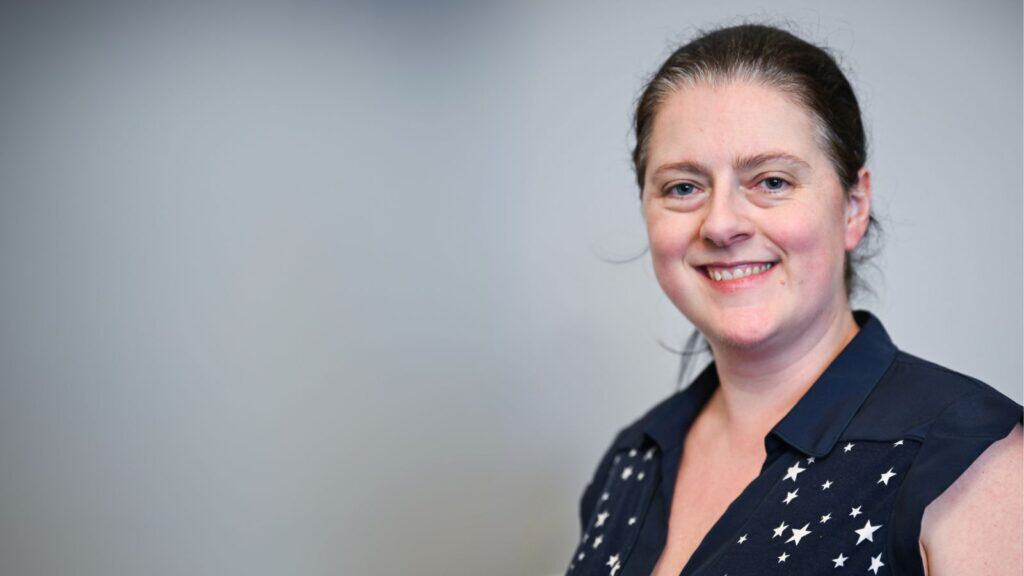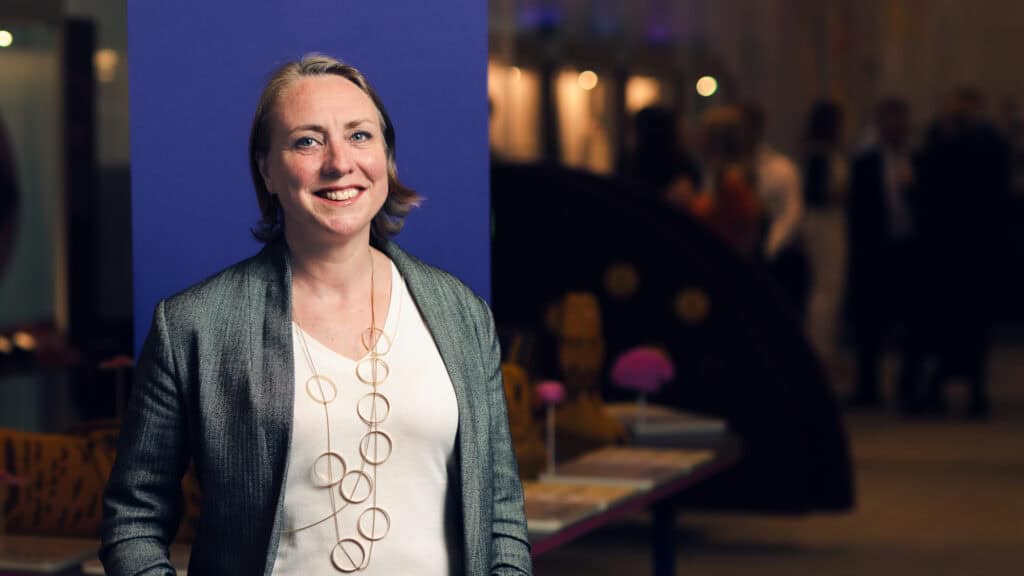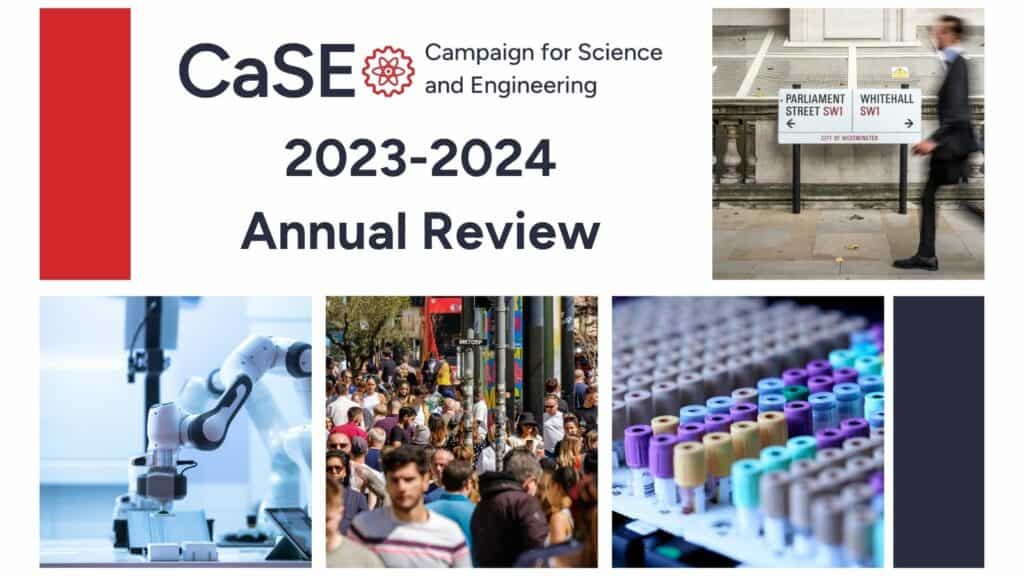Read a summary of CaSE’s 25th anniversary event, hosted by the Instituton of Engineering and Technology and sponsored by Nature.
CaSE 25th Anniversary
24 Jan 2011
Time changes many things. In the past 25 years we have experienced the birth of the internet, five different Prime Ministers – and the unexpected comeback of leg warmers. However, the Campaign for Science and Engineering (CaSE) is still going strong and yesterday celebrated its 25th anniversary at an event attended by the great and the good of British science.
The event, hosted by the Institution of Engineering and Technology (IET) and sponsored by Nature, was held in Savoy Place with views looking out over some of the city’s greatest science and engineering achievements, such as the London Eye and the Millennium Bridge. It fitted well with the ethos of an evening that not only looked at CaSE’s past achievements, but looked forward to the challenges ahead.
The evening was marked by addresses from highly influential speakers; Professor Denis Noble, Lord Robert May and David Willets MP, warmly introduced by the Director of CaSE, Imran Khan. Professor Noble and Lord May took us back to the mid 80’s and the start of Save British Science. They discussed the similarities between the problems facing science and engineering, then and now.
The speeches emphasised the particular success CaSE has enjoyed this year regarding the spending review, making it a particularly good year to be celebrating their achievements. David Willetts was keen to express his intentions to continue working in the interests of scientists, concluding however, that the audience will know doubt judge whether or not he is successful.
Challenges ahead
After the speeches concluded, the guests were asked for their hopes and expectations for British science funding and policy in a further 25 years time. The results painted a picture of high ambition in all areas and although expectations were below hopes, the majority predicted an improvement for science by 2036.
One area where science was seen to be succeeding is education, where the proportion of STEM graduates (currently at 42%) was deemed to be at the ideal level and was predicted to remain so. There was less optimism regarding equality for women in science, highlighting a potential new challenge.
As the night drew to a close the revellers continued to celebrate, safe in the knowledge that CaSE will go on protecting the interests of British science and will have many more candles on its birthday cake
in the future.
Download the full review
DownloadRelated resources

Lynne Milford reflects on her time as CaSE’s Campaigns and Public Affairs Manager.

Executive Director Dr Alicia Greated gives her report on CaSE’s activities and successes at the 2024 AGM on November 26th.

This year has seen changes to CaSE as an organisation, shifts in the UK political landscape, and important developments for the UK R&D sector.

A General Election year presents a real opportunity for the R&D sector to make our voices heard.